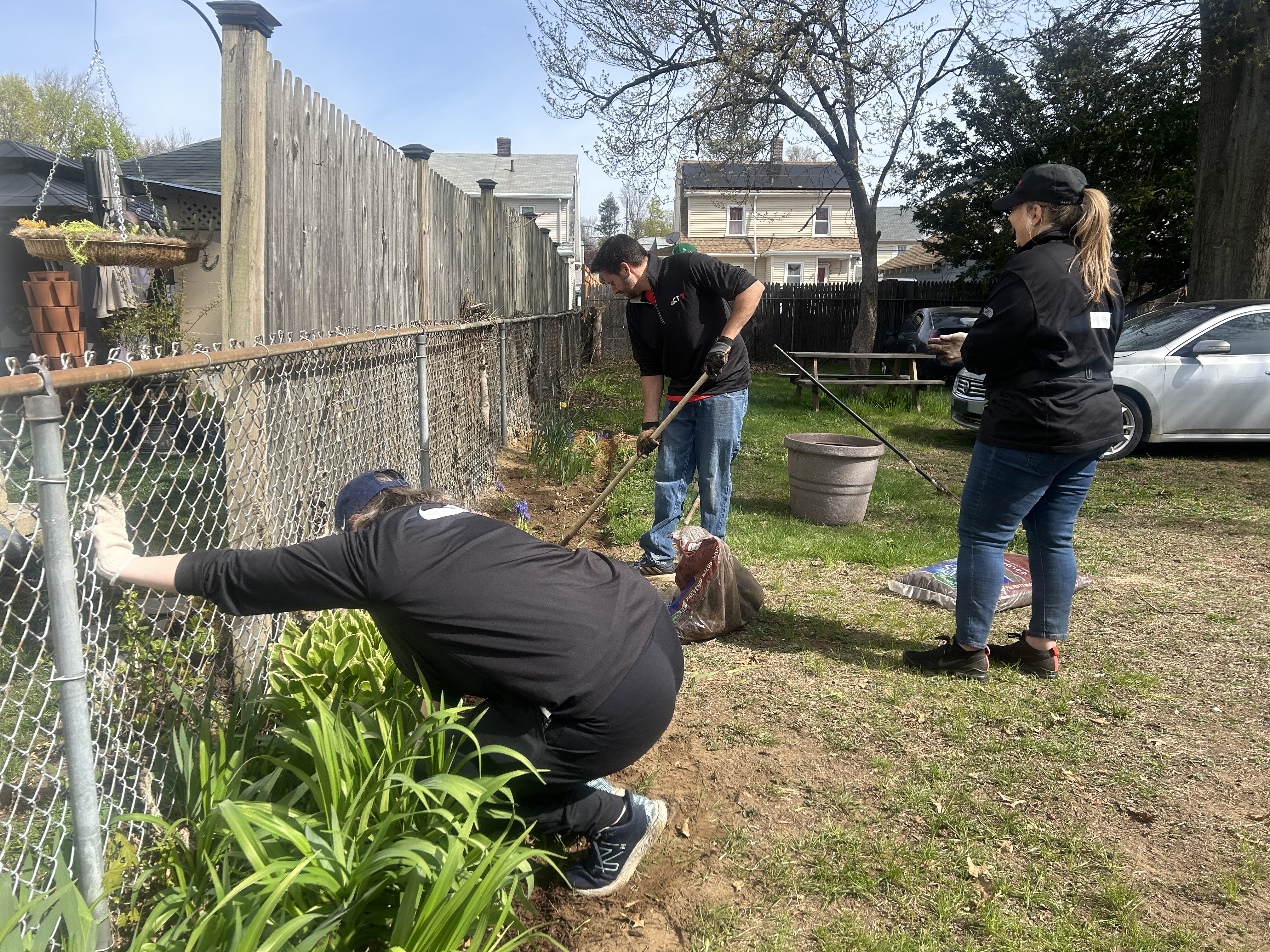There has been no solution yet for salt showing up in private wells across the state - a problem for homeowners that can cost tens of thousands of dollars to eliminate.
However, scientists have been getting a better idea of what is causing the problem, and it may not be everything you think.
NBC Connecticut Investigates introduced you to Gabbi Mendelsohn last summer.
The school teacher told us shortly after moving into her Ellington home, she began noticing her drinking water tasted salty, and her appliances got crusty, rusty, and in some cases, stopped working.
Get Connecticut local news, weather forecasts and entertainment stories to your inbox. Sign up for NBC Connecticut newsletters.
“It's just eating away at the pipes and corrosion. Just recently, I had to have my hot water heater replaced again, it's about six times in the space of 11 years," Mendelsohn said.
Mendelsohn got an analysis of her water, and learned it has a lot of salt, also known as sodium chloride.
Local
The town of Ellington, even though it has not said it is at fault, is providing her with bottled water - for now.
“Unfortunately, if I did need to sell my home, I wouldn't be able to. It's, it's one of those things," Mendelsohn said.
The cause? People often point at what’s evident to the naked eye - the tons of salt spread on our snowy, icy New England roads.
A recent study by the Connecticut Department of Energy and Environmental Protection (DEEP), while it only examines one cluster of homes dealing with the problem in Tolland, which borders Ellington, provides some interesting insights into an issue hundreds across Connecticut must contend with.
The report said while salt spread on roads is a contributing factor, the amount and frequency of salt released into the ground by water softening systems that many homeowners use also has an impact.
Tolland Town Manager Brian Foley shared the report with us and addressed some of its conclusions.
“Everyone dumps big bags of salt into those systems and that salt should be responsibly maintained. But a lot of times it's not and put right back into our environment. And that has an effect on the groundwater," Foley said.
Foley pointed out his team is attacking this issue on all fronts. He said his plow crews have gone through training which teaches road salt applicators how to minimize its use, but still keep the roads safe.
Foley added the town is also considering bringing some sand back into the road treatment mix to lower salt use, along with other efforts to prevent road salt from getting into the soil.
“Here's some other things we can do. We can seal all the cracks in the roadway where the salt gets put down and we can make sure that sealed. We can make sure there's curving to the storm drains. We can clean out our storm drains more frequently. And look, because of the ARPA (American Rescue Plan Act) funds, we just bought a street sweeper and we bought a machine to clean out and vacuum out our storm drains.”
Problem is, the amount of salt that gets in well systems builds up over years and years, and presumably, takes years to decrease.
That’s why leaders like Senator Saud Anwar have been trying to act now, coming up just short the past three legislative sessions with bills offering incentives to towns and cities that get training to reduce the amount of salt they put on roads.
Anwar said while the DEEP report identified multiple sources of salt intrusion in a Tolland neighborhood, he still believes it generally comes from one primary source.
“If I was to bet, I believe that the high salt content of use that has been for snow management is the major culprit. Now there are other culprits but statistically and probability, the chances are that water softening is a smaller component of this issue," Anwar said.
There is certainly motivation for local and state leaders to solve this problem on the front end.
The report on the Tolland homes also said that the most effective long-term, reliable solution is to get them on a municipal water system - an expensive proposition.



